The Knight Science Journalism Fellowship at MIT offers a unique opportunity for science journalists from around the globe to further develop their skills and explore the intersection of science, technology, and journalism. This prestigious MIT Knight Science Journalism Program selects 10 fellows annually to work on a science reporting project that leverages the resources and connections available at MIT and the greater Boston area. Fellows will focus on journalism-related research projects, which can include long-form narratives, multimedia storytelling, or data journalism.
During the fellowship, participants will develop their science writing skills and gain specialized knowledge in areas like health, technology, and environmental science. Many fellows publish their work as articles, books, or podcasts after the fellowship, enhancing their careers in science journalism and science communication.
📌 Read More
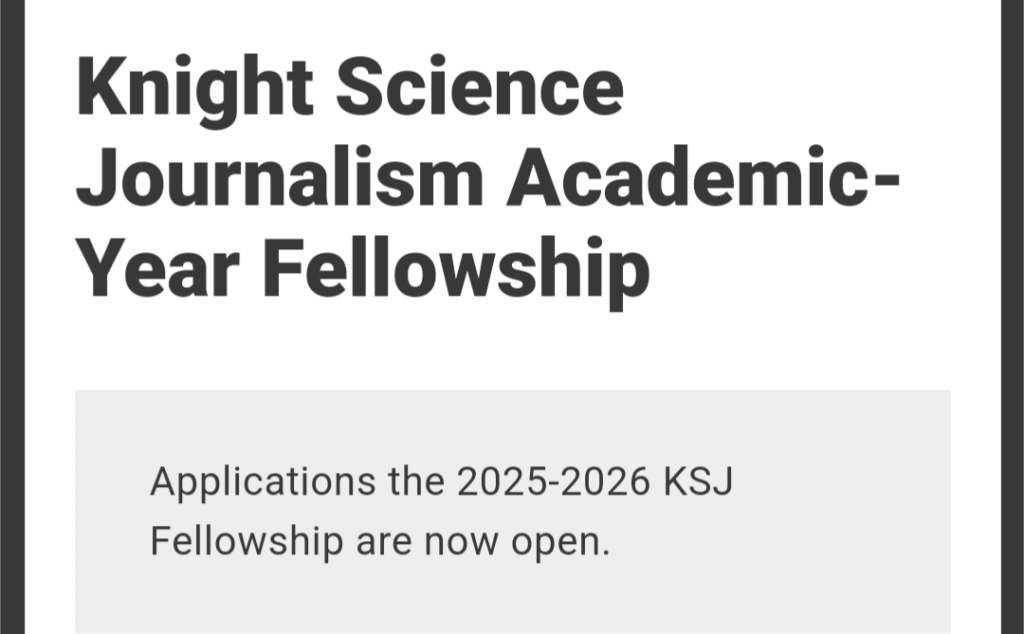
Pursue a Passion Project
While at MIT, fellows will work on a science communication project of their choice. The project must be journalism-focused, such as investigative reporting, developing multimedia projects, or researching a book proposal. Fellows will regularly meet with program directors and advisors, receiving feedback to improve their work. The fellowship’s flexibility allows fellows to explore a wide range of topics and produce high-quality, long-form science reporting.
Additionally, the program offers skill-focused workshops that cover new storytelling techniques, such as mobile video, digital editing, and data journalism. These workshops are designed to equip fellows with the technical skills needed to excel in multimedia journalism. Fellows will also gain access to a network of journalism professionals and alumni, which provides valuable insights into the evolving landscape of science reporting.
Rich Variety of Programming
Fellows will participate in a mix of structured and self-directed activities during the program. This includes regular seminars with leading MIT researchers, who will share their latest work and insights, enhancing fellows’ understanding of scientific topics and helping them develop stronger science writing skills. The program also organizes field trips to scientific locations, such as the Woods Hole Oceanographic Institution and the Jackson Laboratory, allowing fellows to gain a deeper appreciation for the science they report on.
As part of the fellowship, each fellow has the opportunity to audit courses at MIT, Harvard, and other nearby universities. Fellows must take at least one science course each semester, which helps build their knowledge in specific scientific fields, further improving their ability to produce high-quality science journalism.
Eligibility Criteria
To be eligible for the Knight Science Journalism Fellowship, applicants must meet the following criteria:
📰 Similar Posts
- Be a full-time journalist (staff or freelance) with at least three years of experience in science, health, technology, or environmental journalism.
- Applicants can be reporters, writers, editors, producers, illustrators, filmmakers, or photojournalists working for newspapers, magazines, digital media, radio, or television.
- Applicants should have a strong commitment to professional development and a passion for science writing.
Program Benefits
The fellowship provides an $85,000 stipend paid over the course of 9.5 months, along with travel and housing stipends at the beginning of the fellowship. Fellows are also provided with basic health insurance for themselves and their families. The program offers a unique opportunity to advance in science journalism by focusing on a journalism project and gaining valuable experience, mentorship, and access to MIT’s resources.
Host Institution
Knight Science Journalism Program at MIT
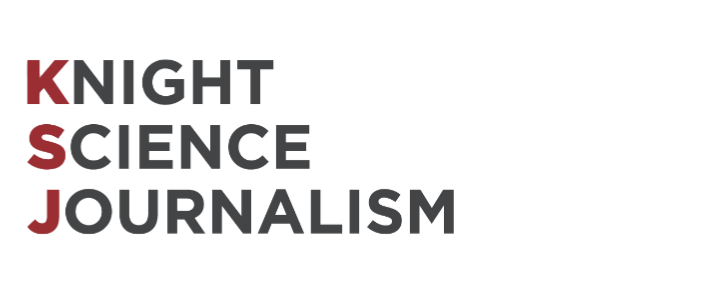
Requirements/Eligibility Criteria
- Full-time journalists (staff or freelance) with 3+ years of experience in science, health, technology, or environmental journalism.
- Reporters, writers, editors, producers, illustrators, filmmakers, or photojournalists.
- Experience in working for newspapers, magazines, television, radio, or digital media.
Deadline
15th January, 2025.

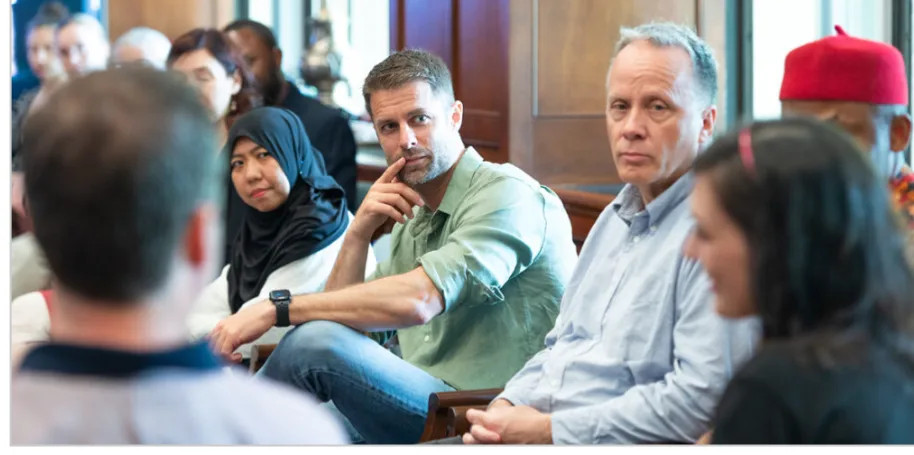

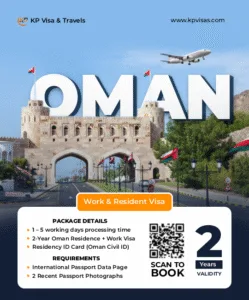























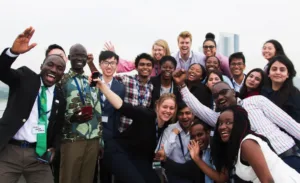


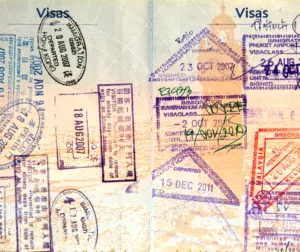
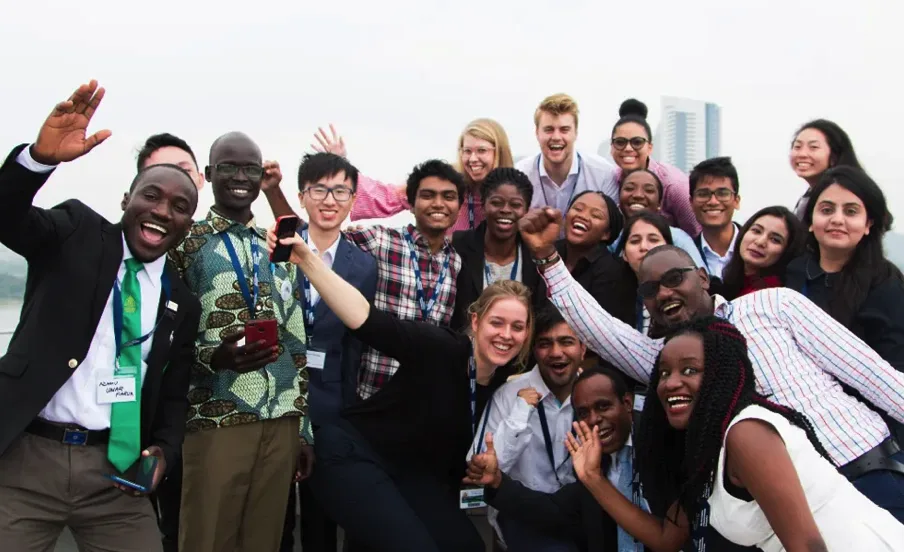


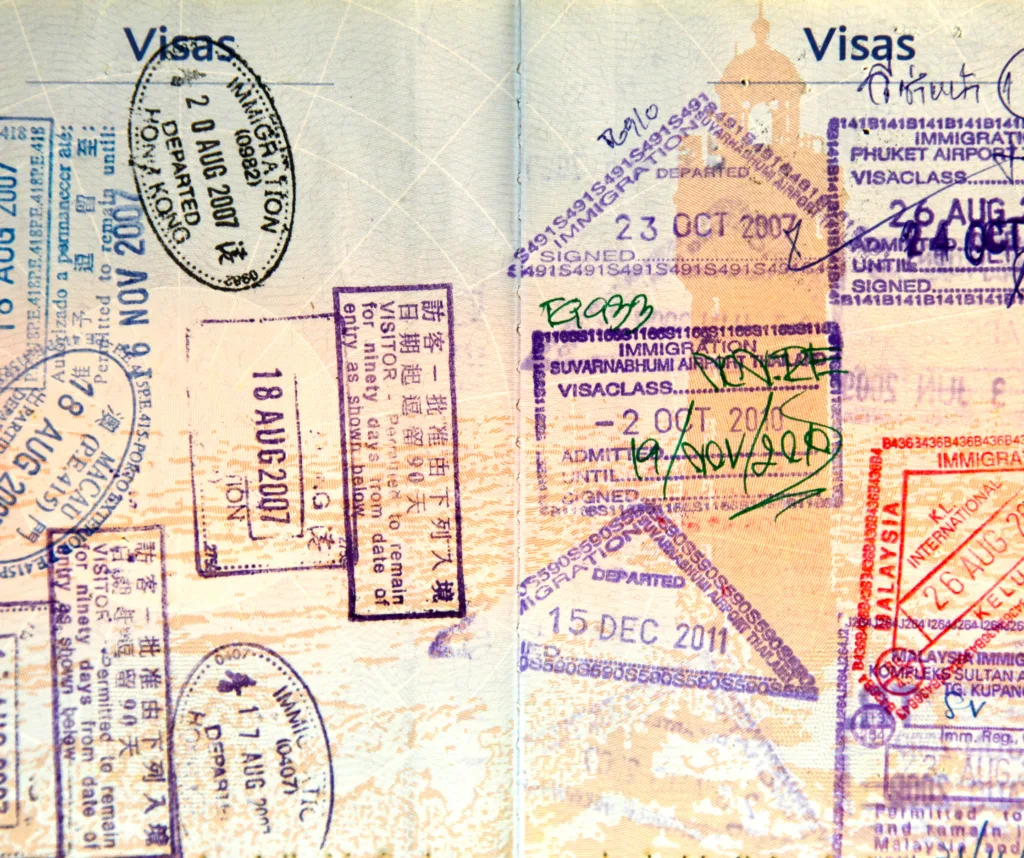
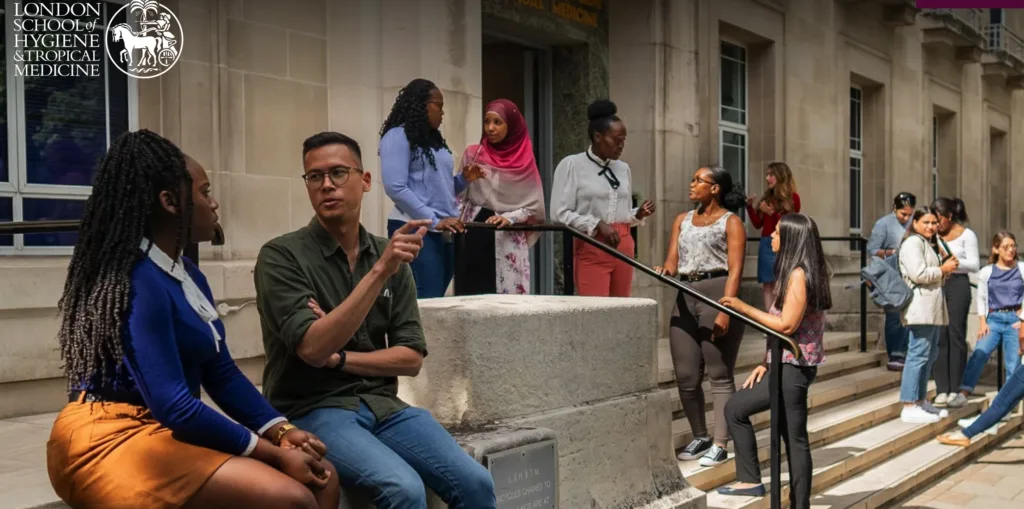

No responses yet